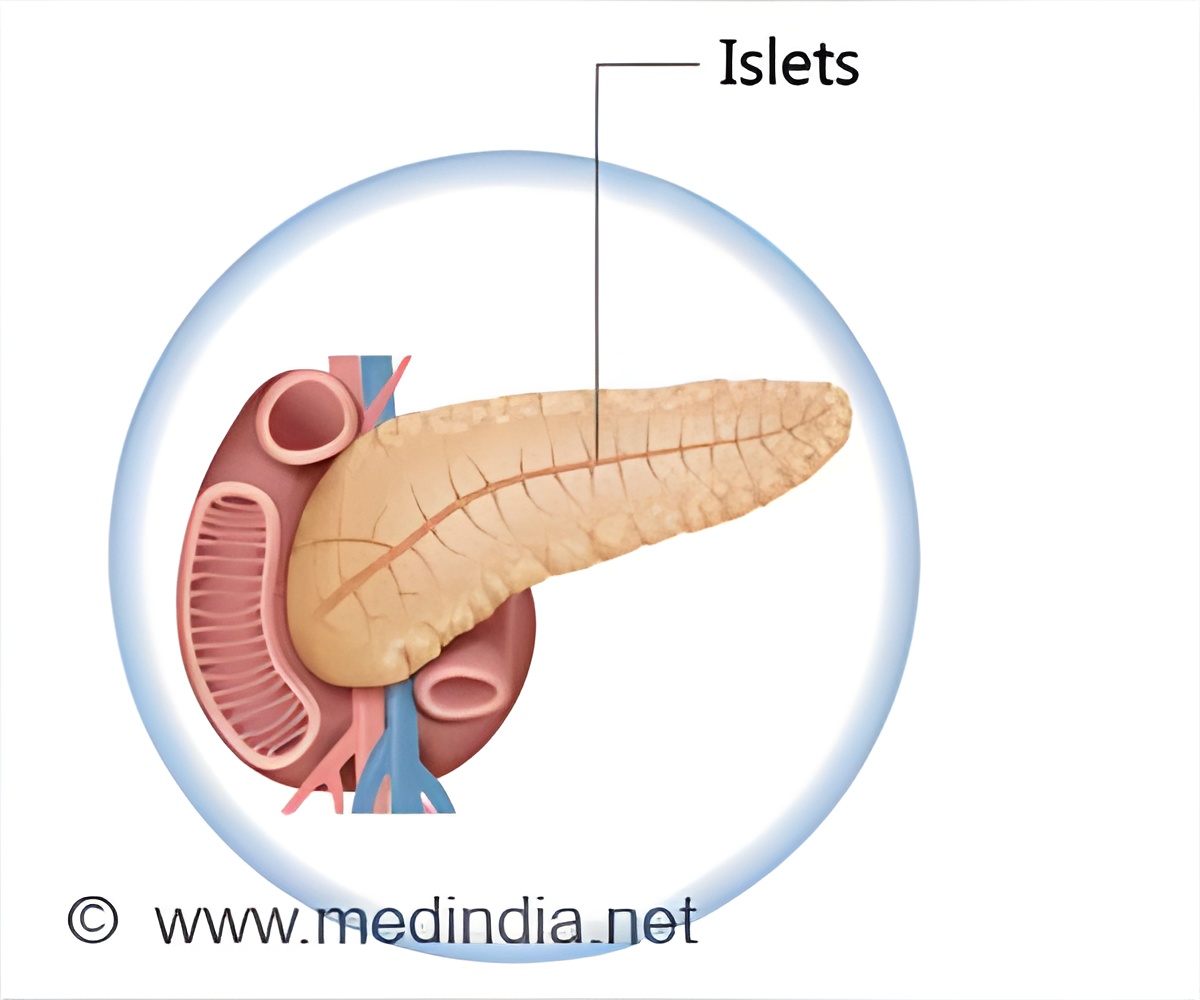
‘Immune tolerance could minimise the need for life-long immune suppression after transplantation which raises hope for an effective treatment of type 1 diabetes with fewer side effects.’
Read More..Tweet it Now
Transplantation of pancreatic islets with their insulin-secreting cells is a promising therapy in type 1 diabetes. However, one complication is that anti-rejection therapy, in the form of generalised immune suppression, is required to ensure the survival and function of the transplanted islets by preventing the immune system from attacking the transplants.Read More..
It is well known that extended use of generalised immune suppression might have serious side effects that harm the transplanted patient. Moreover, immune attack against the transplanted islets can still occur despite continued immune suppression. Therefore, the transplantation field has been looking for new ways to ensure the long-term survival and function of transplanted islets with little or even no immune suppression.
This new study demonstrates the potential for achieving long-term survival and function of transplanted pancreatic islets with short-term anti-rejection therapy around the time of the transplant. In transplanted mice and monkeys, this strategy resulted in immune tolerance that enabled survival of the transplanted islets long after the anti-rejection treatment was stopped.
"These findings support the establishment of immune tolerance towards the transplanted islets and thereby their long-term protection from an immune attack in the transplanted patient after stopping the use of anti-rejection therapy," says first author Dr Midhat H Abdulreda at the Diabetes Research Institute.
This new way of achieving immune tolerance might minimise the need for life-long immune suppression, which raises hope for an effective treatment of type 1 diabetes with fewer side effects.
Advertisement
The research was supported by funds from the Diabetes Research Institute Foundation (DRIF) and the Diabetes Wellness Foundation and by grants from the Stanley J. Glaser Foundation Research Award, the NIH/NIDDK/NIAID, the Swedish Diabetes Association Fund, the Swedish Research Council, Novo Nordisk Foundation, the Family Erling-Persson Foundation, the Strategic Research Program in Diabetes at Karolinska Institutet, the ERC-2013-AdG 338936-BetaImage, the Knut and Alice Wallenberg Foundation, Skandia Insurance Company Ltd, the Diabetes and Wellness Foundation, the Berth von Kantzow Foundation, and the Stichting af Jochnick Foundation.
Advertisement
Source-Eurekalert












